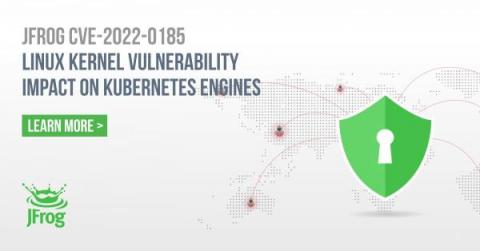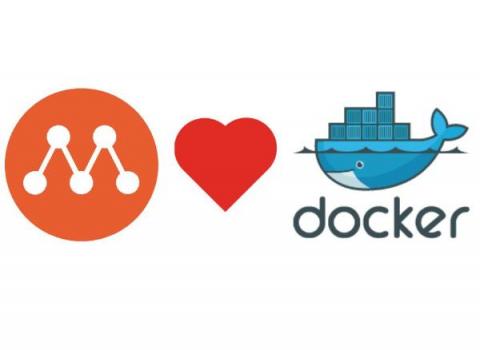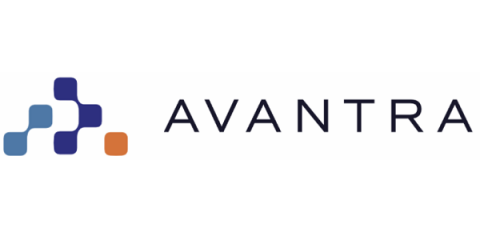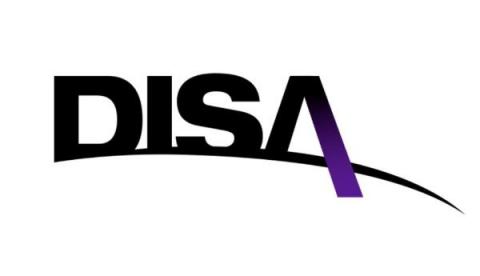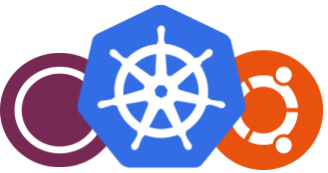Linux Server Management in 2022
Linux server management is an integration of cybersecurity and business objectives. Linux server management at scale is a vastly different activity from interacting with a terminal on one machine. The best Linux server management tools universally offer a server management GUI within a web browser. Implementation details matter, especially in a pay-for-compute world. Sysadmin tools that don’t have a lightweight footprint increase overall compute costs.



